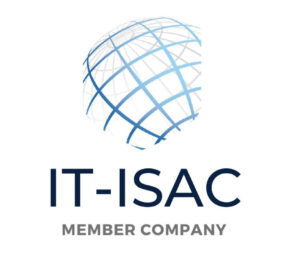Complying with GDPR can be a perceived burden for businesses – and understandably so, with fines for non-compliance of up to 4% of total global revenue or 20 million euros, whichever is higher. But regulations and compliance efforts also present overlooked benefits for organizations, as long as they are administered with a proper understanding of the directive.
GDPR is a landmark regulation for how it rebalances the data relationship between an individual and the organization that collects and processes their data. GDPR aims to provide EU residents with fundamental data rights to how their personal information gets used by business. By promulgating a broad range of rights from data access to erasure, GDPR promotes better accountability to customers and employees through better data accounting.









